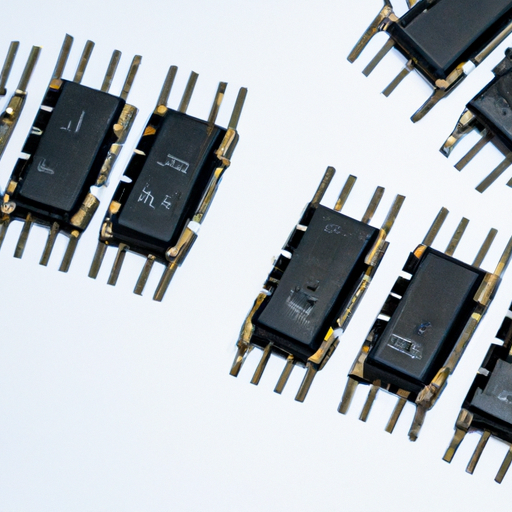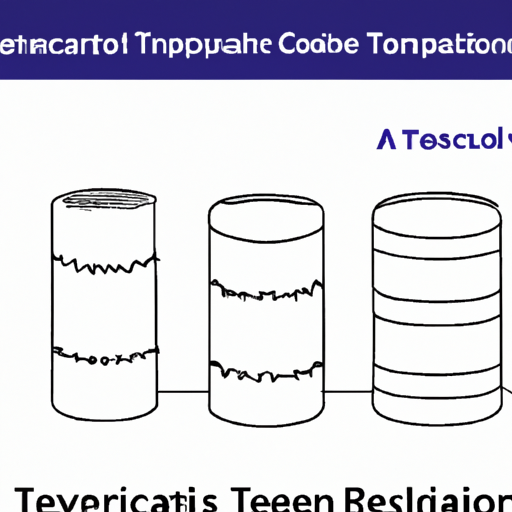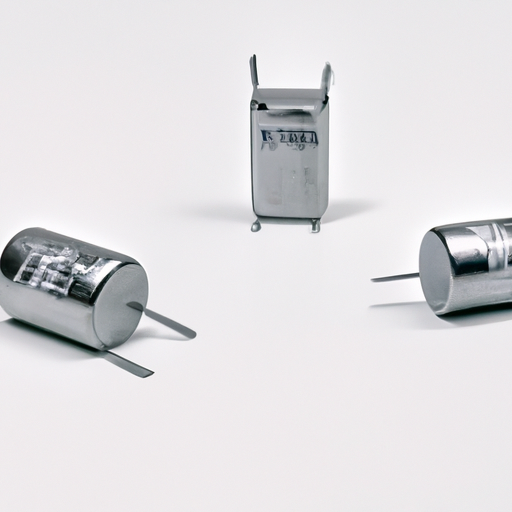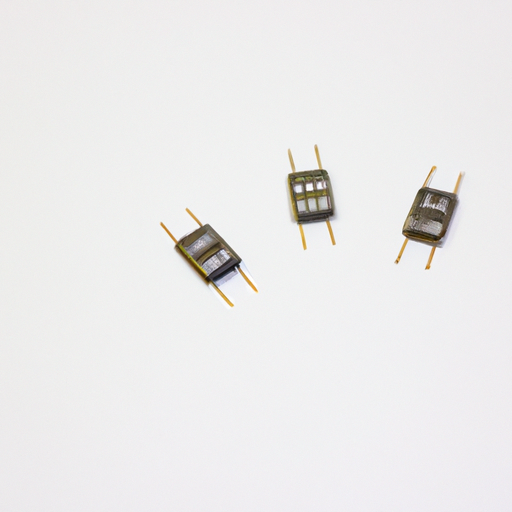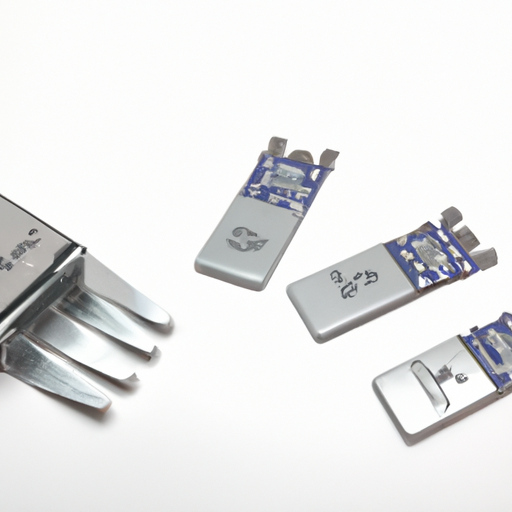MM74HC4049N Through Hole Resistors highlighting the core functional technology articles and application development cases of Through Hole Resistors that are effective.
Core Functional Technology of Through-Hole Resistors
1. Basic Functionality: Through-hole resistors are passive components that limit current flow in electronic circuits. They are defined by their resistance value (in ohms), power rating (in watts), and tolerance, which indicates how much the actual resistance can vary from the stated value.
2. Construction: These resistors are typically cylindrical with two leads that are inserted into holes on a printed circuit board (PCB) and soldered in place. This construction method provides robust mechanical support and is suitable for various applications, especially in prototyping and low-volume production.
| 3. Types of Resistors | |
| 4. Material | The materials used in resistors affect their performance characteristics. Common materials include: |
| 1. Signal Inversion | |
| 2. Voltage Divider Circuits | |
| 3. Pull-Up and Pull-Down Resistors | |
| 4. RC Timing Circuits | |
| 5. LED Drivers |
Application Development Cases with MM74HC4049N and Through-Hole Resistors
Conclusion
Through-hole resistors are integral components in various applications involving the MM74HC4049N hex inverter. Their ability to limit current, create voltage dividers, and form timing circuits makes them indispensable in electronic design. By understanding their functionality and applications, engineers can effectively integrate them into their projects, enhancing the performance and reliability of their circuits. The combination of the MM74HC4049N with through-hole resistors opens up a wide range of possibilities for innovative electronic designs.

